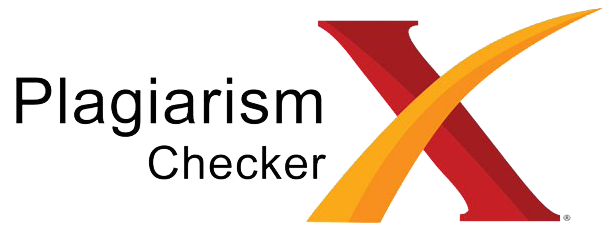A New Application of School Budgets: Utilization Perspective
Sari
Keywords:
ICT, ARKAS
Teks Lengkap:
Download PDFReferensi
Alvi, M. 2016. A manual for selecting sampling techniques in research.
Andrian, K., Putra, U., Suryanawa, I. K,. 2022. Pengaruh akuntabilitas dan transparansi terhadap efektivitas pengelolaan dana bantuan operasional sekolah pemerintah. Jurnal Bisnis Eropa Dan, 7, 108. https://doi.org/10.24018/ejbmr.2022.7.4.1364.
Farcomeni, A., & Greco, L. 2016. Robust methods for data reduction.
George, S., Pokhrel, S., Xia, T., Gilbert, B., Ji, Z., Schowalter, M., Rosenauer, A., Damoiseaux, R., Bradley, K. A., Mädler, L., & Nel, A. E,. 2010. Use of a rapid cytotoxicity screening approach to engineer a safer zinc oxide nanoparticle through iron doping. ACS Nano, 4(1), 15–29. https://doi.org/10.1021/NN901503Q.
Hartman, W. 2003. School district budgeting.
Hignett, S., work, H. M.-E. of human, (2015),. Qualitative methodology
Kaware, S., & Sain, S. 2015. TIK dalam pendidikan: ikhtisar. Jurnal Internasional Multidisiplin.
Leading Schools Digitally. 2020. Leading Schools Digitally.
Lloyd, I. 2020. Information technology law.
Maisaroh, S., PH, S., & Hadi, S. 2019. The budget planning determinant factors at state primary schools in Yogyakarta Province. International Journal of Instruction, 12(2), 353–368.
Miles, M., & Huberman, A. 1994. Qualitative data analysis: An expanded sourcebook.
Oun, M., Research, C. B.-Q. 2014. Qualitative research method summary. Jmest.Org, 1, 3159–3199.
Patton, M. 1987. How to use qualitative methods in evaluation.
Poston, W. 2011. School budgeting for hard times: Confronting cutbacks and critics.
Rahayu, S., Ludigdo, U., Behavioral, G. I.-P.-S. 2015. Budgeting of School Operational Assistance Fund based on the value of gotong royong.
Review, E. P.-E. of E. 2006. The effects of state funding on property tax rates and school construction.
Robbins, S., Bergman, R., Stagg, I., & Coulter, M. 2014. Management.
Sangiumvibool, P., & Chonglerttham, S. 2017. Performance-based budgeting for continuing and lifelong education services: the Thai higher education perspective. Journal of Higher Education Policy and Management, 39(1), 58–74. https://doi.org/10.1080/1360080X.2016.1211977.
Smith, M. L. 1987. Publishing Qualitative Research. American Educational Research Journal, 24(2), 173–183. https://doi.org/10.3102/00028312024002173.
Sociologist, J. L.-T. A. 1974. Styles of reporting qualitative field research.
Sofaer, S. 1999. Qualitative methods: what are they and why use them? Health Services Research, 34(5 Pt 2), 1101.
Zierdt, G. L. A. 2009. Responsibility-centred budgeting: An emerging trend in higher education budget reform. Journal of Higher Education Policy and Management, 31(4), 345–353. https://doi.org/10.1080/13600800903191971.
DOI: https://doi.org/10.37531/mirai.v8i2.5758
Refbacks
- Saat ini tidak ada refbacks.



